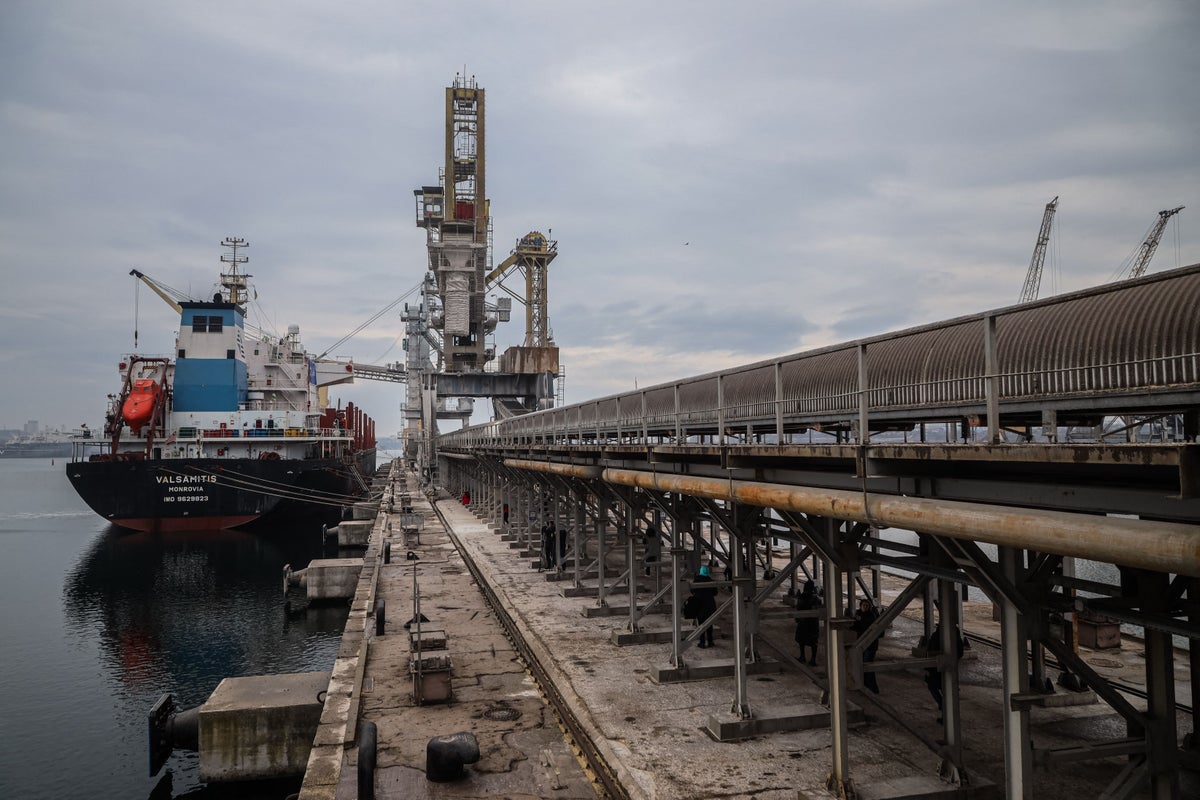
A Russian warship fired warning shots at a dry cargo ship in the Black Sea on Sunday, after the Russian defence ministry said it intercepted the Palau-flagged “Sukru Okan” ship heading towards Ukraine.
Issuing a statement, Russia said its Vasily Bykov patrol ship open fired with an automatic weapon at the vessel after its captain did not respond to their request to halt for an inspection.
"To forcibly stop the vessel, warning fire was opened from automatic weapons," the Russian defence ministy said. A Ka-29 helicopter carrying Russian soldiers was then scrambled to inspect the ship.
While Russia claims the ship was heading towards Ukraine’s port of Izmail, Refinitiv shipping data showed the ship was heading north towards the coast of Bulgaria, reported Reuters.
"After the inspection group completed its work on board, the Sukru Okan continued on its way to the port of Izmail," the Russian defence ministry said.
Shipping databases list the Sukru Okan as a Palau-flagged vessel with a tonnage of 2155 whose home port is Istanbul.
The Black Sea handled about 95 per cent of Ukrainian grain exports before Russia’s invasion, according to Joseph Glauber, senior research fellow at the International Food Policy Research Institute.
Earlier last month, Russia ended a UN-brokered grain deal that ensured Ukraine could get its agricultural produce to market via the Black Sea and Moscow cautioned that it would deem all ships heading to Ukrainian waters to be potentially carrying weapons.
Ukraine, a major supplier of corn, wheat, barley and vegetable oil to the world, shipped 32.9 million metric tonnes of grain under the nearly year-long deal designed to ease a global food crisis. It has been able to export an additional two million to 2.5 million metric tonnes monthly via the Danube River, road and rail through Europe.
Those are now the only routes to ship Ukrainian grain, Mr Glauber earlier told the Associated Press.
Ukraine’s response including sea-drone attacks on a Russian oil tanker and a warship at its Novorossiysk naval base, next door to a major grain and oil port, has added to these new dangers for transport in the Black Sea.
Additional reporting by agencies







